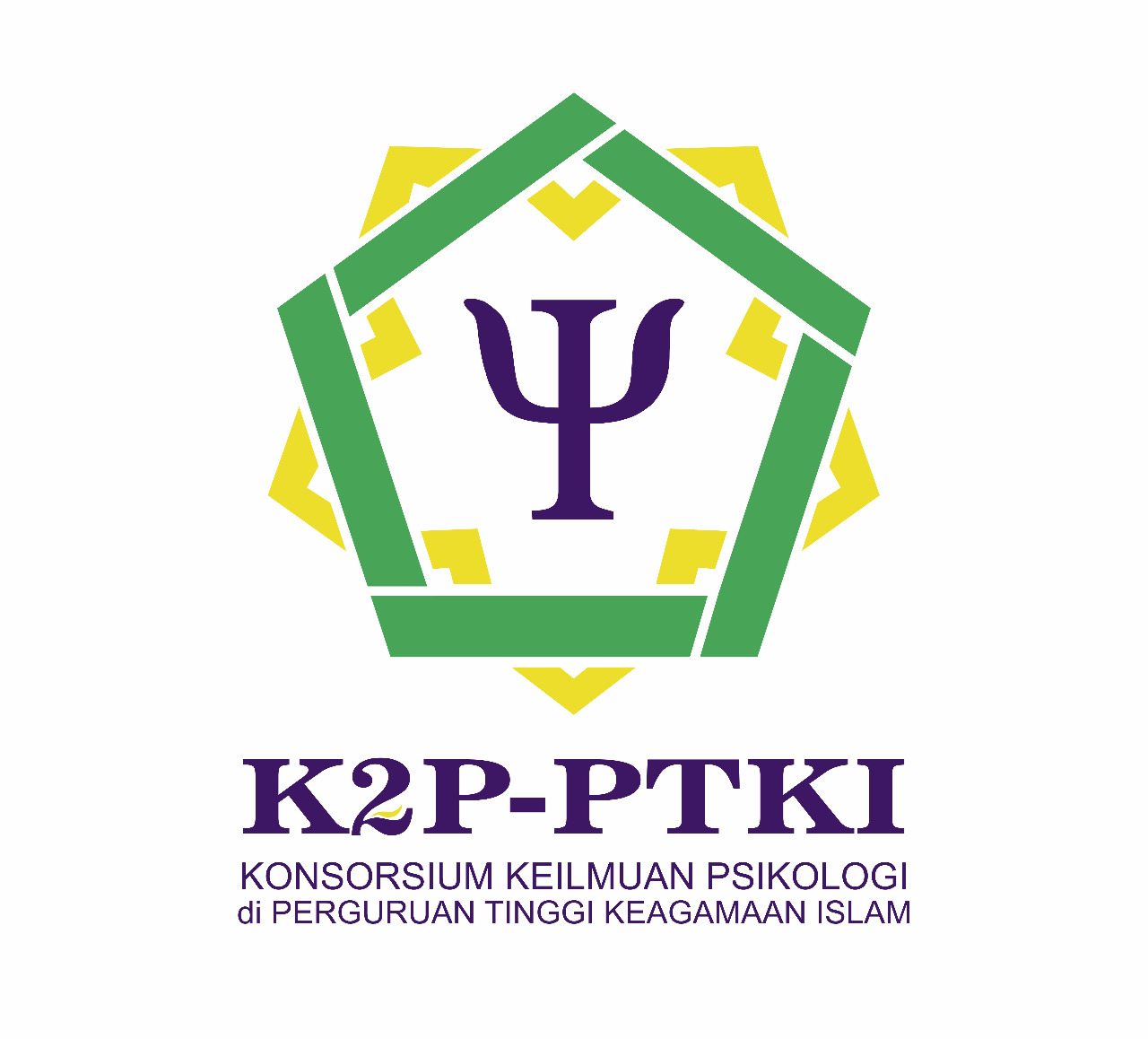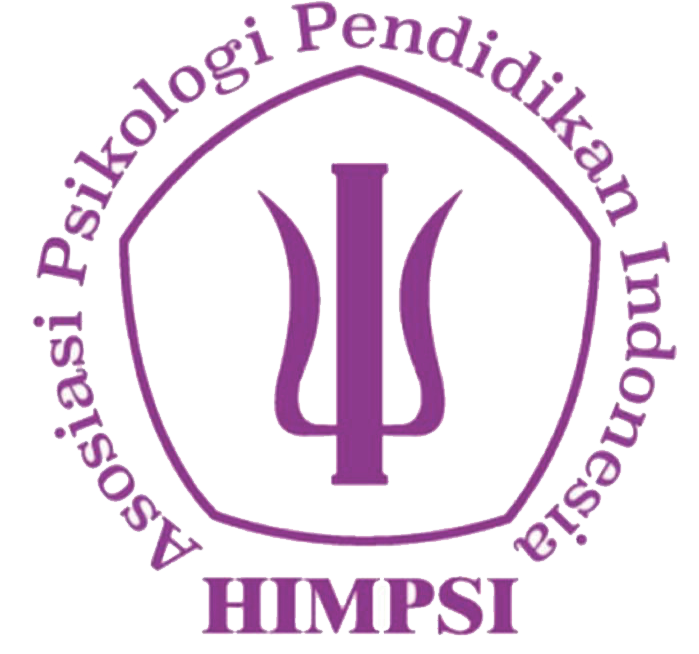Parenting Styles, Social Network and Socio-Demographic Factors on Deviant Behavior among In-School Adolescents
Abstract
Keywords
Full Text:
PDFReferences
Adebule, S.O. & Ibimluyi, F. O. (2012). An investigation into the incidence of sexual immorality among secondary school pupils in Nigeria’s Southwest. Research Journal ofOrganizational Psychology & Educational Studies, 261-365 www.rjopes.com
Adegboyega, L. (2020). Influence of social media on social behavior of students as viewed by primary school teachersin Kwara State, Nigeria. Mimbar Sekolah Dasar,7(1),43-53 https://doi.org/10.17609/mimbar-sd.v23479
Adesanya, B. J. & Osinowo, H.O. (2019). Personality traits as predictors of delinquent behaviors among juvenile offenders in Ogun State. African Journal for the Studies of Social Issues, 22(1), 22- 32 www.ajpssi.com
Bashir, L. & Gupta, S. (2018). Social Networking Usage Questionnaire: Development and validation in an Indian Higher Education context. Turkish Online Journal, 19(4), 214-227 https://doi.org/10.17718/tojde.471918
Baumrind, D. (1991). The influence of parenting style on adolescent competence and substance use. Journal of Early Adolescence, 11, 56–95 https://doi.org/10.1177/0272431691111004
Eke, E. (2004) Adolescents delinquency in Nigeria. Demak Publishers.
Enten, R. S., & Golan, M. (2009). Parenting styles and eating disorder pathology. Appetite, 52(3), 784–787https://doi.org/10.1016/j.appet.2009.02.013
Eteng, M. E., Abang, K.B., Uchegbue,H. O., & Ntamu, B. A. (2021). Social media involvement level and students’ deviant behaviors in Nigerian universities. European Journal of Social Sciences, 62(4), 151-159 http://europeanjournalofsocialsciences.com
Eteng, M. E., Amalu, M.N. & Ekarika, C.B.(2021).Understanding students’ deviant behavior based on gender in federal universities of Southern Nigeria. PaArch’s Journal of Archaeology of Egypt/Egyptology, 18(8),4016-4025 www.pjaee.com
Gitau, M.N & Maroko, M.G. (2021). Relationship between authoritative parenting styles and deviant behavior of public secondary school students in Kandara Sub-county, Murangá County, Kenya. The International Journal of Humanities & Social Studies ,9(5), 72-74 https://doi.org/10.24940/theijhss/2021/v9/i5/HS2105-029
Ibuchim, C.O.(2016).Parent and maladjusted children. Owerri, Nigeria Kent Enterprise.
Idris, F. I. (2023). Influence of parenting styles and social network on deviant behavior of secondary school students in Ibadan South West Local Government Area. BSc. project submitted to the Department of Psychology, University of Ibadan, Nigeria. Pp i+ viii, 1- 64.
Larsen, J. K., Hermans, R.C., Sleddens, E.F., Engels, R.C., Fisher, J.O., & Kremers, S.S. (2015).Howpag sources of influence? Appetite 89, 246-257 https://doi.org/10.1016/j.appet.2015.02.012
Luyckx, K., Tildesley, E. A., Soenens, B., Andrews, J. A., Hampson, S. E., Peterson, M., & Duriez, B. (2011). Parenting and trajectories of children’s maladaptive behaviors: A 12-year prospective community study. Journal of Clinical Child & Adolescent Psychology, 40(3), 468–478 https://doi.org/10.1080/15374416. 2011.563470
Moitrc, T., & Murkerjee, I. (2012). Parent-adolescent communication and delinquency: A
Comparative study in Kolkata, India. European Journal of Psychology, 8(1), 74-94
https://doi.org/10.5964/ejop.v8i1.299
Mushtaq, S. & Kausar, R.(2018).Exploring dimensions of deviant behavior in adolescent boys. Journal of Behavioral Sciences, 28(1), 105-126. www.jbs.com
Nnani, P.C., Enemuo, J.O., & Onwuka, L.N.(2020). Parenting styles and academic achievement of primary school pupils in Mathematics in Awka South Local Government Educational Authority. International Journal of Multidisciplinary & Current Research, 8,155-160 https://doi.org/10.14741/ijmcr/v.8.2.2
Odofin, T. (2019) Influence of digital technology on secondary school student's academic engagement behavior in Nigeria. Educational Psychologist, 14(1), 1-22. www.tep.com
Ogodo, A., F., Onah, P. O. & Ndome, L.S. (2022). Use of social media and deviant behavior tendencies among senior secondary school students in Ogoja Education Zone of Cross River State, Nigeria. Nigerian Journal of Sociology of Education, 15(3&4), 1118-1784 www.njse.com
Oguntayo, R., Ajao, P.O., Akintunde, K. A., popoola, A.O., & Opayemi, R.(2020). Age, gender, socio-economic status, attitudes towards drug abuse as determinants of deviant behavior among undergraduate students. European Review of Applied Sociology, 3(21), 38-46 https://doi.org/10.1515/eras-2020-0009
Omorogiuwa, T. & Omorogiuwa, K.O.(2017). Socio-economic influence as correlates of adolescents, attitude towards deviant behavior. Journal of Nursing, Social Studies, Public Health & Rehabilitation, 3-4, 91-98. www.jnssphr.com
Parveen, A., Raja, W., & Bhat, R.. A. (2021). Parenting and behavioral deviance among adolescents: A descriptive study. Insight: Journal of Applied Research in Education, 26 & 27(1), 134-141. www.jare.com
Robinson, C., Mandleco, B., Olsen, S.F., & Hart, C.H. (1995). Authoritative, authoritarian, and permissive parenting practices: Development of a new measure. Psychological Reports, 77, 819-830. https://doi.org/10.2466/pr0.1995.77.3.819
Sahihtya, B.R., Manohari, S.M., & Raman, V. (2019). Parenting styles and its impact on children – a cross cultural review with a focus on India. Mental Health Religion & Culture 22(4):1-27 https://doi.org/10.1080/13674676.2019.1594178
Shraboni, S.T. (2016). Prevalence of HIV/AIDS and STIs in Uganda: A gender perspective. Patra Cogent Social Sciences, 2: 1166472 https://dx.doi.org/10.1080/23311886.2016.116647
Siddiqui, S. & Singh, T. (2016). Social media its impact with positive and negative aspects. International Journal of Computer Applications Technology& Research, 5(2), 71-75 www.ijcat.com
Suleiman, Y., Suleiman, J.M., Musa, M.A., &Abubakar, Y.A. (2018). Teachers’ perceived factors of deviant behavior among secondary school students in Kwara State: Implication for educational managers. International Journal of Synergy & Research, 7, 59-79 https://doi.org/10.17951/ijsr.2018.7.59-79
Usman, G.I. & Iman, M.A.N.A.(2023). Social networking sites and deviant behaviors among youth in Damaturu. Social Science Journal for Advanced Research 3(4),38-48 https://doi.org/10.54741/ssjar.3.4.7DOI: https://doi.org/10.18860/psikoislamika.v21i2.29054

This work is licensed under a Creative Commons Attribution-NonCommercial-ShareAlike 4.0 International License.

------------------------------------------------------------------------------------------

pSIKOISLAMIKA by http://ejournal.uin-malang.ac.id/index.php/psiko is licensed under a Creative Commons Attribution-NonCommercial-ShareAlike 4.0 International License.


.jpg)


.jpg)





